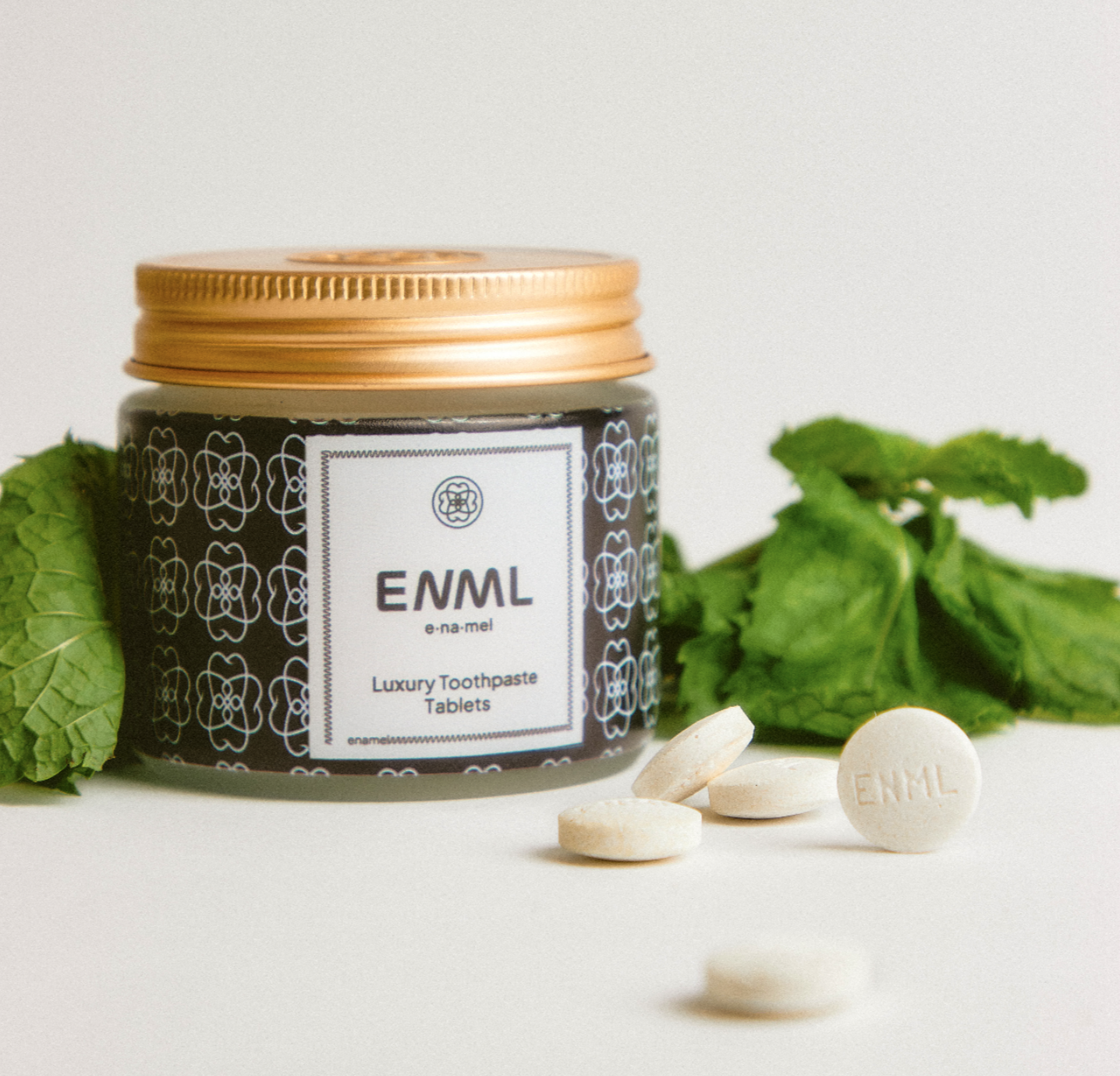Flossing often feels like an optional step in oral care, but the saying "only floss the teeth you want to keep" underscores its importance. Dr. Jordan Harper sheds light on why flossing is essential for preventing decay, the exceptions for some patients, and how it plays a vital role in maintaining a healthy smile.
Why is flossing essential for maintaining healthy teeth, and are there exceptions?
Flossing removes food particles and plaque from between teeth, areas a toothbrush can’t reach. While some patients may not need to floss as often due to tight tooth contacts, it remains crucial for preventing decay in most people.
💡Related Post: How Good Hygiene Can Slow and Stop Tooth Decay: Understanding Braces Scarring
Key Questions and Answers
-
Why is flossing important for most people?
Flossing removes food and plaque from between teeth, preventing decay in areas where a toothbrush can’t reach. -
Are there exceptions where flossing is less necessary?
Yes, patients with tight tooth contacts and no food traps may not experience interproximal decay, reducing the need for regular flossing. -
What happens if you don’t floss regularly?
Food and plaque buildup between teeth can lead to decay, gum disease, and eventual tooth loss if not addressed. -
How often should most people floss?
Daily flossing is ideal for removing plaque and food particles, maintaining healthy gums, and preventing cavities.
Conclusion
Flossing might seem tedious, but its role in oral health is undeniable. By incorporating regular flossing into your routine, you can prevent decay, protect your gums, and maintain a healthy, confident smile.
Take your oral care to the next level—Explore ENML’s Jar Collection and discover innovative solutions for a healthier smile.
Transcript
Another saying didn't say. Okay. Only floss the teeth you want to keep. So we touched on flossing a couple episodes ago. I let all the bombshell that, that I don't floss, but twice a year when my hygienist flosses my teeth for me. So yes, the truth is only floss the teeth you want to keep. That's great because I think it drives home the point that flossing is important, uh, for a lot of patients.
I'll touch on it again. There are a subset of patients that have extremely tight contacts, don't have food traps and therefore don't get the, Interproximal decay, which is what flossing is designed to do. It's designed to remove food and plaque from in between the teeth.






